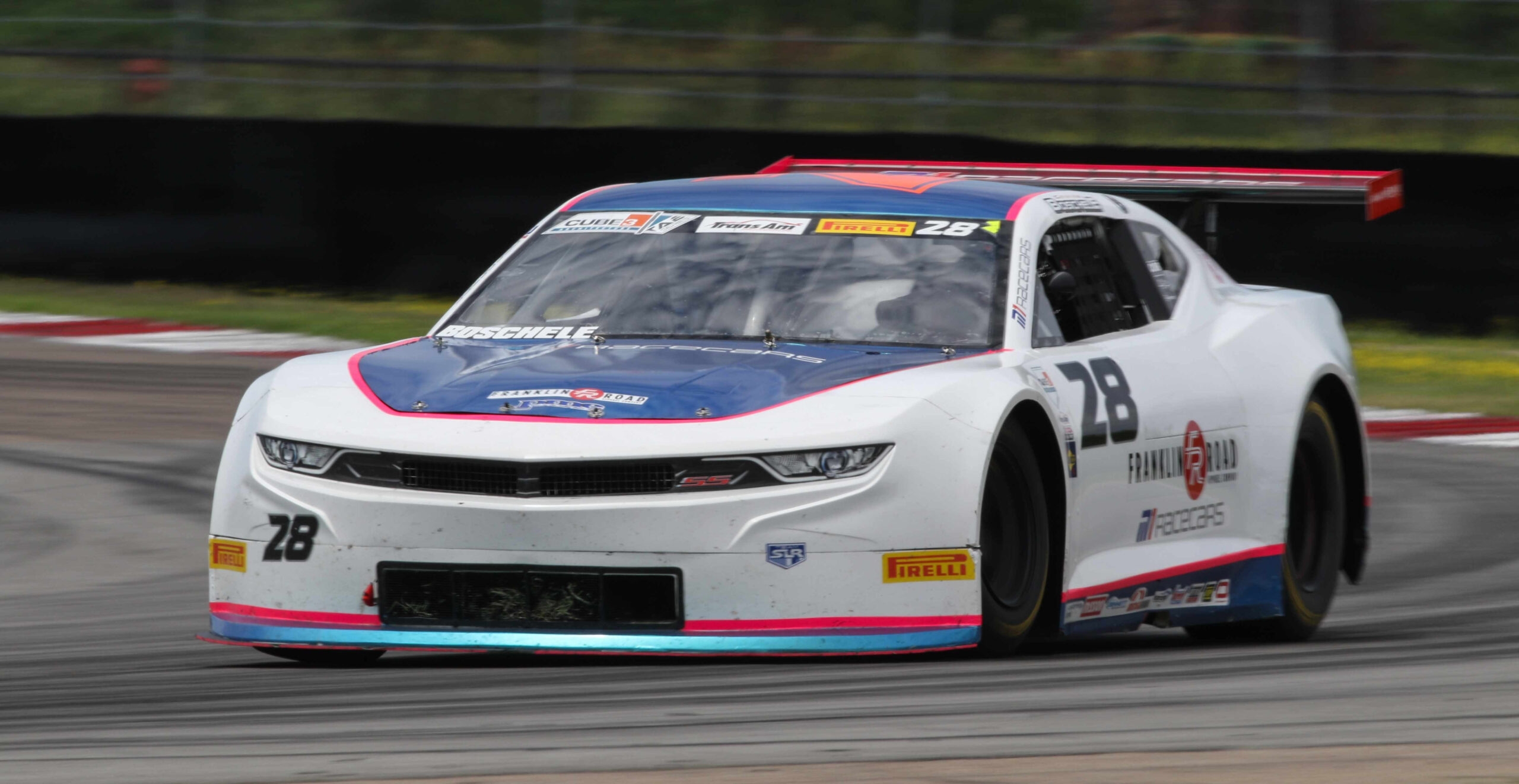Our transportation system is grappling with substantial challenges. Cities are often plagued by traffic congestion, leading to delays, frustration, and environmental harm. Human errors continue to be a major cause of accidents, resulting in severe consequences. Moreover, not everyone has the means to drive themselves, restricting their mobility and independence.
Autonomous vehicles (AVs), or self-driving cars, present a potential solution to these issues. With advanced sensor technology, artificial intelligence (AI), and sophisticated software, AVs offer a glimpse into a future where these challenges are effectively addressed, revolutionizing the way we travel.
The Potential of Autonomous Driving
Safety is a top priority in transportation, as human error contributes to over 90% of traffic accidents. Autonomous vehicles (AVs) offer a promising solution, as they are programmed to adhere strictly to traffic laws and react faster than human drivers. Equipped with sensors like LiDAR, radar, and cameras, AVs have a comprehensive view of their surroundings, allowing them to detect obstacles and potential dangers accurately. AI algorithms process this sensory data in real-time, enabling AVs to make safe and efficient driving decisions.
Addressing traffic congestion is another significant challenge in transportation. AVs have the capability to communicate with each other and with infrastructure through vehicle-to-everything (V2X) communication. This connectivity allows AVs to coordinate traffic flow more effectively. Picture a future where cars adjust their speed and maintain consistent gaps between each other, minimizing unnecessary braking and stop-and-go situations. This enhanced traffic flow can result in reduced congestion, shorter commute times, and a more enjoyable driving experience.
In addition to safety and efficiency improvements, AVs offer increased accessibility. People who are unable to drive due to age, disability, or other reasons can regain their independence with AVs. On-demand transportation services operated by AVs could become readily accessible, enabling individuals to travel independently without relying on others. This enhanced mobility has the potential to greatly improve people’s lives, fostering social inclusion and creating new economic opportunities.
The Challenges for Autonomous Driving
While the potential benefits of autonomous vehicles (AVs) are clear, several challenges must be overcome before widespread adoption can occur. Technological advancements are still ongoing, particularly in refining sensor capabilities, improving AI decision-making, and perfecting vehicle-to-everything (V2X) communication. Robust cybersecurity measures are also essential to prevent hacking attempts that could compromise the safety and control of AVs.
The regulatory landscape for AVs is still evolving. According to a car accident lawyer in Denver, it is important to have clear and adaptable regulations as they are necessary to ensure the safe operation of these vehicles on our roads. Additionally, legal issues related to accidents and liability in a world with AVs need careful consideration. As the technology progresses, so too must the legal framework governing it.
Public perception of AVs presents another challenge. Safety concerns persist, and worries about job displacement in the transportation sector are valid. Public education campaigns are essential to build trust in AV technology and address these concerns. Open communication and transparency throughout the development and implementation process will be crucial to gaining public acceptance.
The Future of Driving
The timeline for widespread adoption of autonomous vehicles (AVs) is uncertain, but notable progress is underway. Industry experts predict that achieving Level 4 autonomy (high automation in most driving conditions) could be feasible within the next decade. As technology continues to advance and regulations are established, AVs are on track to become a mainstream reality.
The impact of AVs goes beyond individual transportation. A future dominated by self-driving vehicles could bring significant changes to urban planning and infrastructure. With fewer accidents and smoother traffic flow, the demand for wider roads and extensive parking lots may decrease. Cities might shift towards becoming more pedestrian-friendly and prioritize the creation of shared spaces.
The future of transportation with autonomous driving shows great promise. We anticipate safer roads, reduced congestion, and enhanced mobility for all. By tackling the associated challenges and building public trust, we can pave the way for a transportation revolution that benefits society as a whole.
The advancement and acceptance of autonomous vehicle (AV) technology requires collaboration from all of us. Each individual plays a part in shaping this future. We urge you to educate yourself about AVs and their potential effects. Advocate for the responsible development and implementation of this technology by actively engaging with policymakers and industry figures. Through collective effort, we can guarantee that autonomous driving brings about a new era of transportation that is safe, efficient, and accessible to all.







